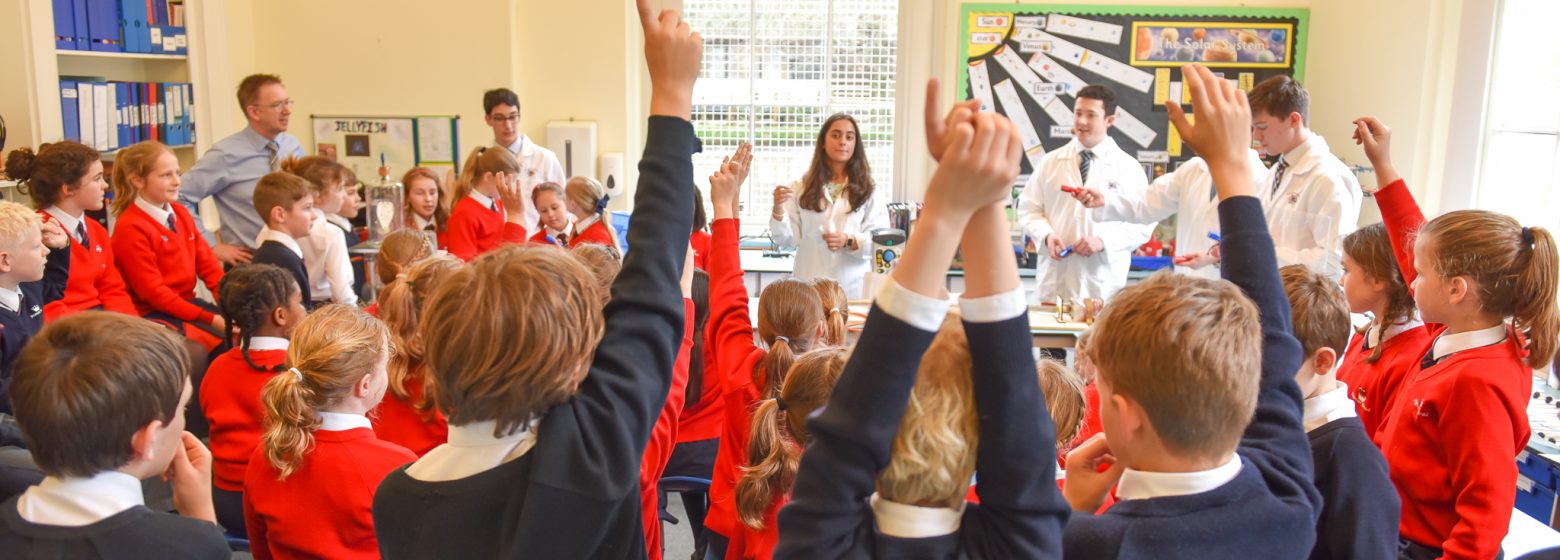Maths
In Mathematics the emphasis is on developing the capabilities of each pupil, not only the mathematics skills and understanding required for later life, but we endeavour to ensure that each pupil acquires a progressive understanding of mathematical concepts and does not merely learn to ‘follow a formula’ this approach enables the children to increase their mathematical confidence.
Teachers use a wide range of strategies (visual, auditory and kinesthetic):
- Practical equipment is used to aid understanding particularly when a new concept is introduced.
- Digital Learning resources such as MyMaths, laptops and iPads are used to explore mathematical concepts and engage pupils.
- A visual stimulus is given through the imaginative use of the interactive whiteboards.
- Textbook work provides pupils with practice and games are used to consolidate learning.
- Pupils in each year group undertake mathematical investigations in order to develop logical reasoning and problem-solving skills.
- Each concept is visited two or three times every year to ensure that the understanding is secure, is not forgotten and to help children move forward.
- All abilities are catered for.
The emphasis in the Early Years Foundation Stage is on practical exploration and applying mathematical knowledge and skills to everyday situations.
Some formal recording work is also undertaken.
Mathematics is taught in mixed ability groups until the end of Year 4.
Pupils who find this subject challenging are provided with support material to work through at home.
Work is clearly differentiated so that it is appropriate for the ability of each child.
In Years 5 and 6 sets are introduced and the subject is taught by specialist teachers.
A great deal of care is taken over the placing of children in appropriate sets; the speed at which a child grasps a new concept, retention and personality are all taken into consideration in the decision process.
We endeavour to give our pupils enthusiasm and fascination for mathematics:
- Pupils in the higher sets in Years 5 and 6 take part in the Mathematical Association ‘Primary Maths Challenge’.
- Very able pupils are encouraged to become members of the Society of Young Mathematicians (SYMs) as organised by the Mathematical Association.
Parental support is welcomed:
- The curriculum evenings in early September, give teachers the opportunity to explain what the priorities are in the forthcoming year.
- Parents have constant access to the Virtual Learning Environment section of the school website.
- Mathematics workshops are held to enable our parents to understand how the key concepts are explained, thus ensuring continuity between school and the support children receive at home.
Mr Ian Thomas BA PGCE, Head of Mathematics





